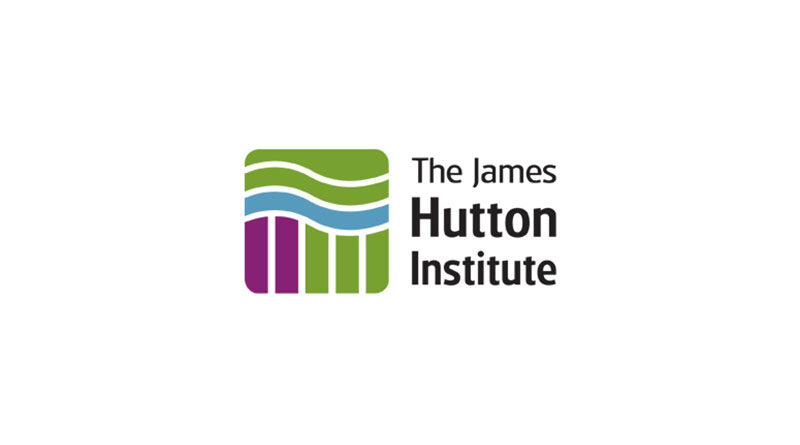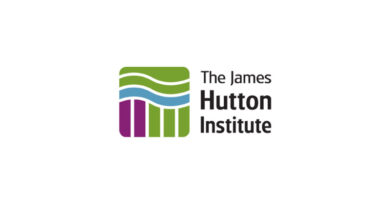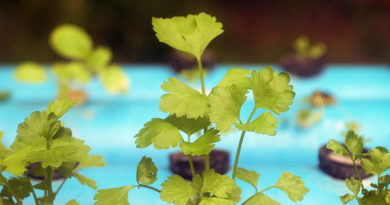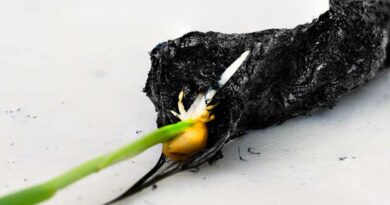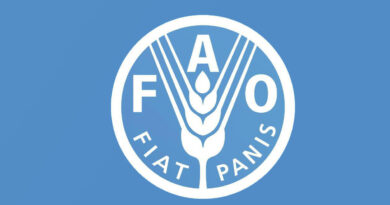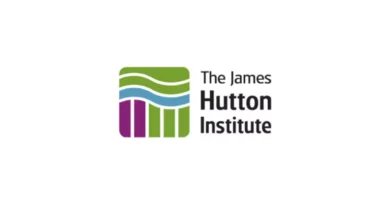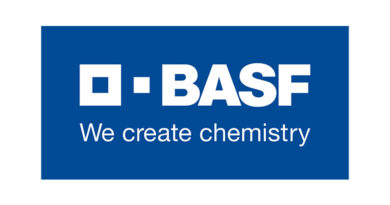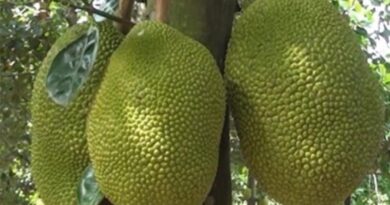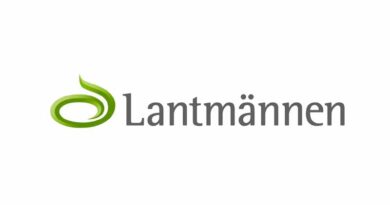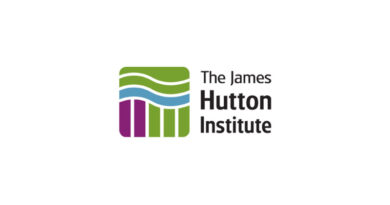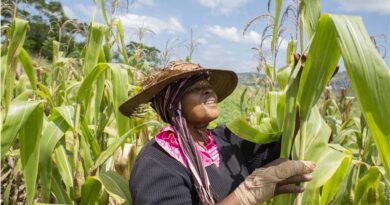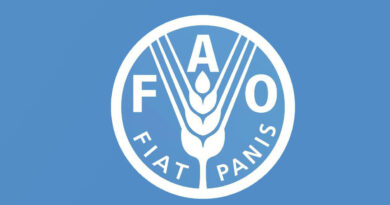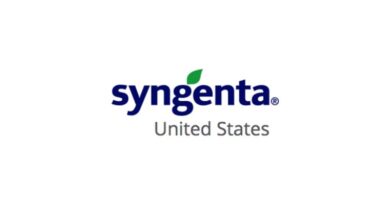Urban farming – a heavy metal health risk?
28 January 2023, UK: Not washing vegetables grown in urban environments before eating them could increase people’s intake of heavy metal contaminants like lead by up to 130%, according to a new study.
The study, led by researchers from Sweden and Scotland, says that growing greens in city gardens has grown in popularity, but it can mean they more contain contaminants, including heavy metals, compared with shop-bought produce.
It found that washing the vegetables, such as lettuce and kale, could reduce contaminants by up to 56%, but that more could be done, such as covering the plants and paying attention to the soil they’re grown in.
The study, by Swedish researchers from Linnaeus University, Luleå University of Technology and ALS Laboratory Group, and colleagues from The James Hutton Institute in Aberdeen, found that average household washing removed anything between just 5% (barium) to 56% (lead) of contaminants from produce.
In comparison, not washing the leaves before consumption could increase the average daily intake of lead by 130% – or 2.3 times the recommended exposure limit – or just 5% for barium (based on average high vegetable consumers).
Other increases in daily intake by not washing were found in cobalt (126 %/2.26 times the daily recommended limit), chromium (121%/2.21), arsenic (82%/1.82), antimony (55%/1.55), nickel (50%/1.5), copper (16%), zinc (8%,) cadmium (7%) and barium (5%).
The research, to be published in the journal Science of The Total Environment this March, was based on studying samples of chard, kale, lettuce and parsley grown near a heavily trafficked road in Malmö, Sweden’s third largest city.
Rupert Hough, Information and Computational Sciences Group Leader at the James Hutton Institute, says, “There’s been an increasing interest in urban cultivation, with vacant land being reclaimed for gardening and an increasing number of households consuming urban-grown vegetables,” he says. “This can increase the metallic compounds we see in produce. Studies have shown that urban crops have shown higher concentrations of several metals than supermarket equivalents and that in some instances these have exceeded health guidelines.
“However, very little research has been done into how beneficial washing produce is before we eat it, in terms of removing these metals. The research conducted in Sweden found that there is a benefit. This helps to remove aerial contaminants which come from dust from roads or nearby industrial areas.
“We’ve shown this only goes so far, so further measures could be creating barriers between crops and nearby roads and/or covering soil with mulch. Some contaminants come from the soils the plants are grown in, so we can also look more closely at the soil. Where there are known point sources of contaminants, more specific measures should be taken.”
The vegetables in the Swedish study were grown on open land at a sustainable farming initiative, in an area with a high degree of ethnic diversity and socio-economic deprivation, 60-90 m from an inner ring road trafficked by around 70,000 vehicles per day.
The land, which is not considered contaminated land, had metal concentrations below the Swedish national guidelines and relatively low compared to concentrations on other urban soils used for cultivation. Unwashed and washed samples were compared.
The research focused on 50 elements found in leafy vegetables. The concentrations were highest in lettuce and lowest in broad leaf parsley – indicating that these two crops were the ones that captured particles the most and least.
The elements found in the vegetables were considered “fairly representative” for vegetables grown under conditions found in urbanised regions of northern Europe and north America.
However, growing conditions, such as soil acidity, organic matter and plant type can all influence plant uptake of heavy metals. The Swedish site had base pH and soil organic matter, which would restrict the solubility of most metals.
More broadly, while lead is the most abundant heavy metal in soils, it’s solubility and mobility restricts its uptake by plants, so high concentrations of lead on plants is thought to more likely come from the air or water, says the study. Cadmium, in comparison, is mostly absorbed by plant roots, which reduces the effect of washing.
Also Read: Agriculture in India
(For Latest Agriculture News & Updates, follow Krishak Jagat on Google News)

